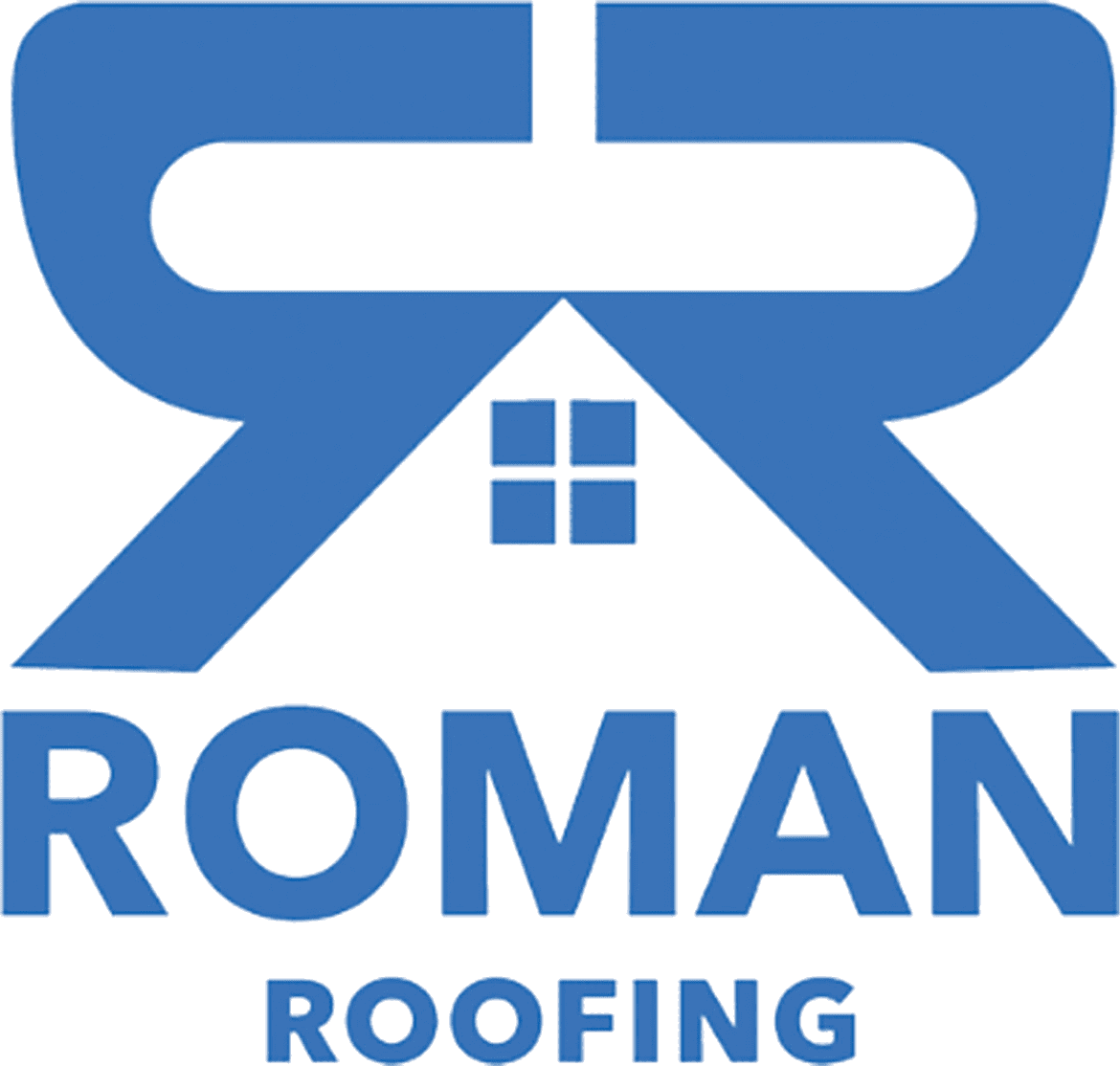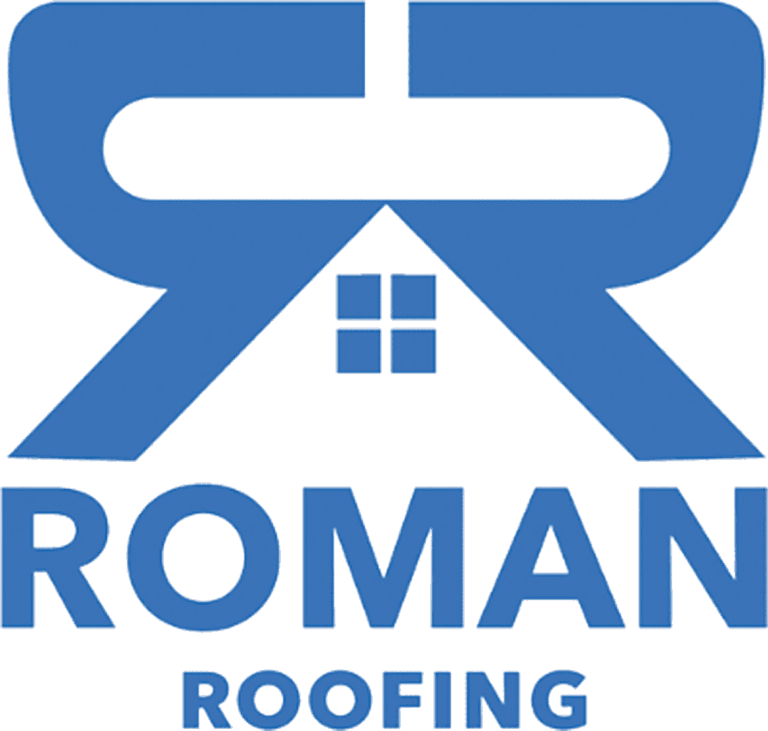Commercial roofs are a significant investment for businesses, and knowing the average lifespan is crucial for maintenance and budget planning. In this article, we will explore the factors influencing the longevity of commercial roofs and provide insights into their typical lifespan.
Factors Affecting Roof Lifespan
Several factors influence the longevity of a commercial roof. Understanding these factors is crucial for managing and maintaining your roofing investment.
Climate and Weather Conditions
The climate in your location plays a significant role in determining how long your commercial roof will last. Extreme temperatures, high humidity, heavy rainfall, and frequent exposure to harsh weather elements can accelerate wear and tear.
Roof Material and Quality
The type of roofing material used and its quality have a direct impact on the roof’s lifespan. High-quality materials and proper installation can significantly extend the roof’s life.
Maintenance and Repairs
Regular maintenance and prompt repairs are essential for prolonging a commercial roof’s life. Neglecting these can lead to premature deterioration and costly replacements.
Average Lifespan of Commercial Roofs Types
Commercial roofs come in various types, each with its own expected lifespan. Let’s delve into the typical lifespans of some common commercial roofing materials.
Single-Ply Roofing
Single-ply roofing, including materials like TPO and PVC, typically lasts between 20 to 30 years. Proper maintenance can help maximize their lifespan.
Built-Up Roofing (BUR)
Built-Up Roofing, also known as BUR, has an average lifespan of 20 to 30 years. Regular inspections and maintenance are essential to ensure its longevity.
Metal Roofing
Metal roofing is renowned for its durability and can last up to 50 years or more with proper care and maintenance.
Modified Bitumen Roofing
Modified Bitumen roofing offers a lifespan of 20 to 30 years. Regular inspections and timely repairs are key to maximizing its longevity.
FAQs
What is the primary factor determining a Average Lifespan of Commercial Roofs?
Answer: The primary factor is the quality of the roofing material and its installation, followed by climate conditions and regular maintenance.
Can regular maintenance extend the life of a commercial roof?
Answer: Yes, regular maintenance, including inspections and repairs, can significantly extend the lifespan of a commercial roof.
When is the right time to consider roof replacement?
Answer: Roof replacement is usually necessary when the roof’s condition has significantly deteriorated, and repairs are no longer cost-effective.
Understanding the average lifespan of commercial roofs is vital for making informed decisions about maintenance and budgeting. While various factors influence a roof’s longevity, regular maintenance, high-quality materials, and proper installation are the keys to ensuring your commercial roof lasts as long as possible.
For personalized advice on your commercial roofing needs or further information, feel free to contact Roman Roofing, your trusted roofing experts in Brooklyn, NYC.

